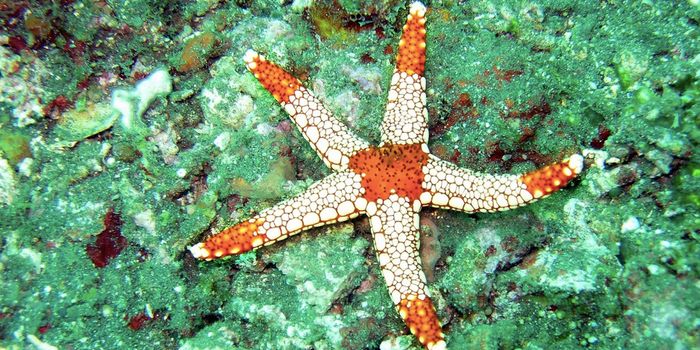Researchers Find Way to Produce Rarer Chicken Breeds With Gene-Editing Technique
When it comes to the world of chickens, some breeds are more readily available than others, and this tends to be a problem. As numbers of more unique breeds run thin, there is the very real threat that they could cease to exist at some point in the future.
To combat this problem, scientists are working on ways to help breeders maintain a steady supply of the chicken breeds that are in higher demand, and one way that recently showed a positive impact on sustaining them is gene-editing.
Image Credit: Norrie Russell, The Roslin Institute
Published in the journal Development, scientists from the University of Edinburgh's Roslin Institute discuss how they are able to use TALEN (a genetic tool) to modify a gene known as DDX4 to produce a surrogate chicken that can lay eggs from different chicken breeds. This gene is important, as it propagates fertility in many bird species.
According to the study, the genetically-modified hens are unable to lay eggs on their own, but by implanting germ cells from other chicken breeds into the embryos of surrogate chickens before they hatch, it’s possible to force them to lay specific kinds of eggs that will eventually hatch into a more desired breed.
Germ cells are important in this process because they are the building blocks of egg production in avian creatures like chickens. By taking the germ cells that are hard-coded to a specific chicken breed and implanting them into undeveloped genetically-modified chicken egg, the hatchling will be capable of laying eggs based off of the breed the germ cells came from originally.
As implied, the process that started with the single surrogate has the potential to produce multiple hatchings that will grow up to be completely healthy and continue (on their own) the chain of reproducing the desired breed for generations to come.
“These chickens are a first step in saving and protecting rare poultry breeds from loss in order to preserve future biodiversity of our poultry from both economic and climate stresses,” said one of the study's authors, Dr Mike McGrew.
For what it’s worth, even the surrogate chicken remained completely healthy, that is if you don’t count the fact that they can’t lay eggs on their own. This is also the first time ever that a genetically-modified bird species has been produced in Europe, which in itself is a major achievement.
This kind of gene-editing could save not only rare chicken breeds from vanishing off of the face of the Earth, but also other species of birds as well, so it should be interesting to see how this kind of breakthrough technology can change the future of avian creatures.
Source: University of Edinburgh via Phys.org









